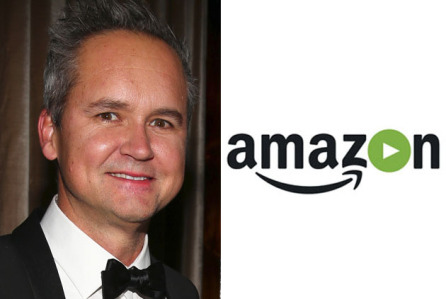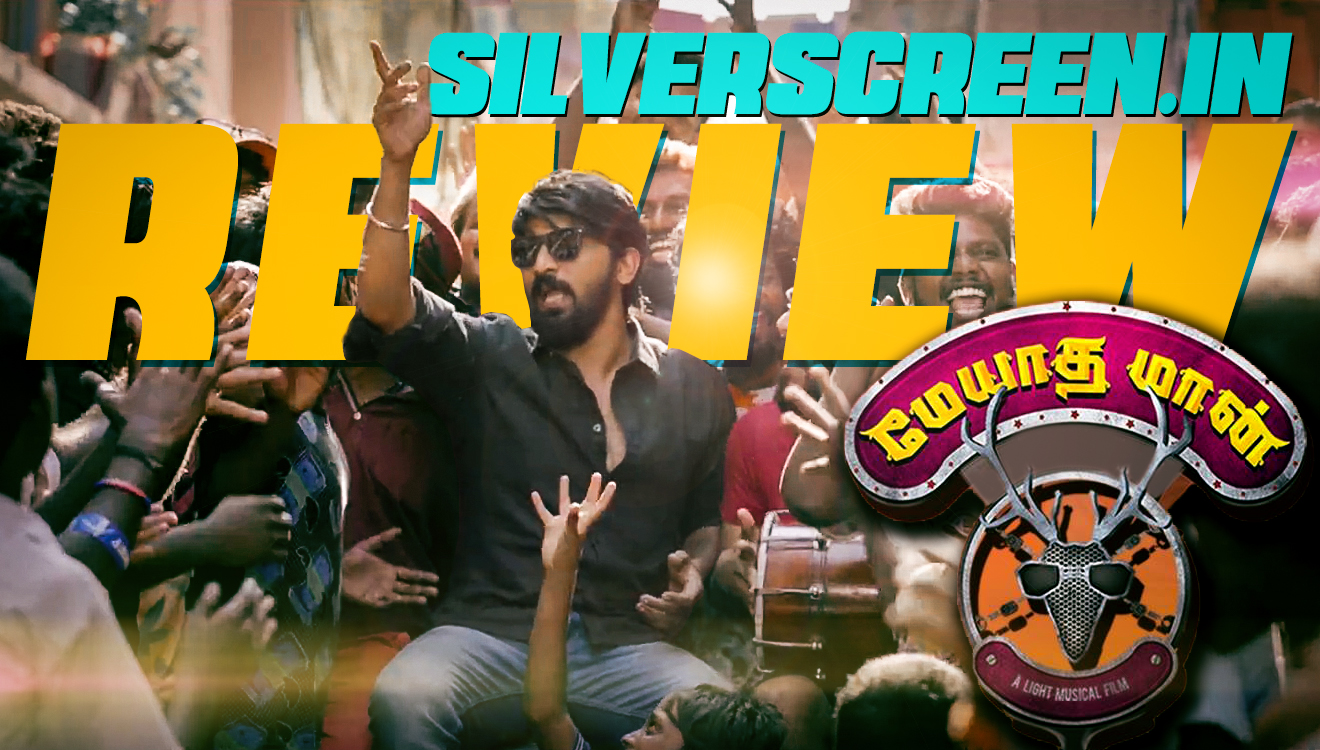On Women’s Day every year, if one has to get down to brass tacks, the day really amounts to nothing apart from men “allowing” some space to the womenfolk in their lives. Hundreds of pieces on why women should be respected, with some equating them to mothers, sisters, wives, daughters, but never really human beings.
Much backslapping and appreciation aside, if 2017 was anything to go by, women are done being quiet. Sure, some are still terrified to speak up and would probably never do it, but there are others whose promising careers were deliberately derailed because they refused to give in to anything their harassers demanded.
With people like Harvey Weinstein and Brett Ratner, workplace harassment got a new definition in 2017.
Ashley Judd, Rose McGowan, Salma Hayek, and scores of other women spoke of how they were bullied, tortured, and repeatedly harassed by top Hollywood producer Harvey Weinstein. They had everything to lose – their careers, their fame – and yet, they spoke up because time was up.
#MeToo, another movement started by Alyssa Milano soon after the Weinstein controversy, had women from all walks of life talk about the harassment, the compulsion, the abuse, the name-calling they faced by the men in their lives. 2017, if anything, was the year women were in solidarity with each other, echoing the same words with the same experiences they had endured. ‘Me Too’ indeed.
As someone who writes on cinema, it’s never too easy to get an actress to talk about any sort of discomfort on the sets of a film. But at the same time, one can see it writ large on their faces. Particularly in India, women are conditioned to believe that they ought to stay silent. Actresses who speak up get harassed online. So, they endure it all in silence and continue to pursue a career they chose.
Last year, when actress Sai Dhanshika merely forgot to thank her co-star T Rajendar at the press meet of her film Vizhithiru, she got lambasted by him on stage. He berated her, much to everyone’s amusement, while she sat on stage trying hard to cover her tears and laugh it off. As always, most felt it was ‘no big deal’ really. No one at the event condemned the incident, some were even seen openly chuckling at T Rajendar’s comments. Only much later, on social media, was it denounced, with TFPC President Vishal issuing a statement.
At the same time, earlier this year, actresses like Sruthi Hariharan put their foot down and spoke up against the infamous casting couch in the industry.
Recommended
“One of the leading producers in Tamil cinema bought the rights to my Kannada film and offered me the same role in the Tamil remake. He said, and I’m quoting him verbatim, ‘we are five producers and we will exchange you however we want.’ I retorted by saying that I carry a slipper with me in my hand’,” she said, speaking at the ‘Sexism in Cinema’ session.
In her words, ‘it is high time patriarchy ended’.
In April last year, Friends actor David Schwimmer, in collaboration with filmmaker Sigal Avin, came up with six short films that dealt with workplace harassment. All of them were based on real stories, and within a span of 23 minutes, perfectly encapsulated what it was like for a woman at a workplace. And these were everyday women – assistants, some who worked at a cafe, some who operated the copier machine, or worked as a nurse in a hospital.
The films are almost too difficult to watch. Touched, kissed, groped, all without consent, the women cower in fear of how they might just lose their jobs if they let this “little incident” come in between their careers.
Exploited and eventually reduced to an object of desire for the ‘boss’ or male colleague, workplace harassment is talked about among friends, but more often than not, brushed under the table.
Schwimmer, most recently, even signed a letter on behalf of a new campaign called #AskMoreOfHim. The letter pledges to “support survivors, condemn sexism wherever we see it and hold ourselves and others accountable”. While this movement is recent, one hopes that for all those who have been accused of sexual misconduct, particularly the ones who continue to serve and have a flourishing career like Ryan Seacrest and Oscar winners Gary Oldman and Kobe Bryant, #AskMoreOfHim initiates a dialogue just as much as #TimesUp and #MeToo did.
*****



